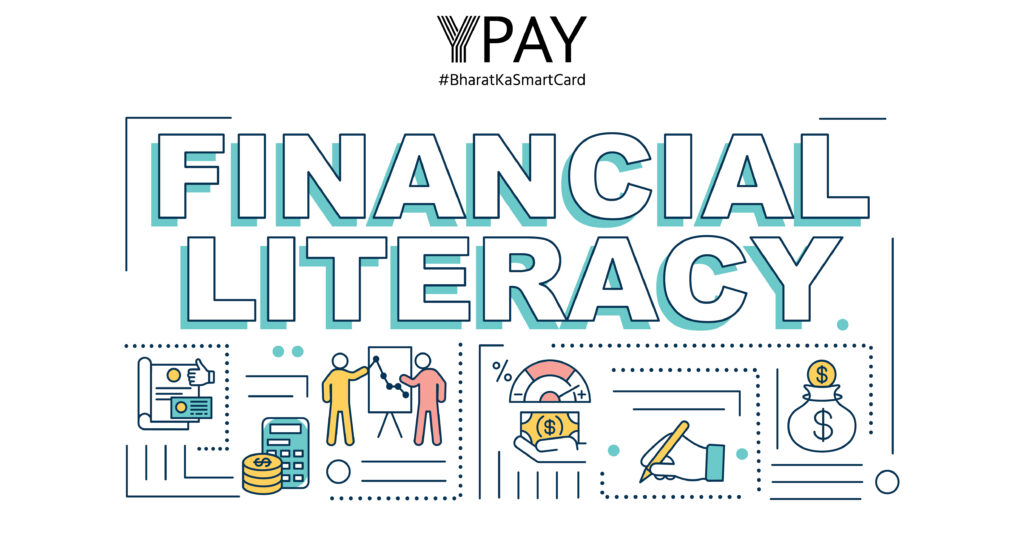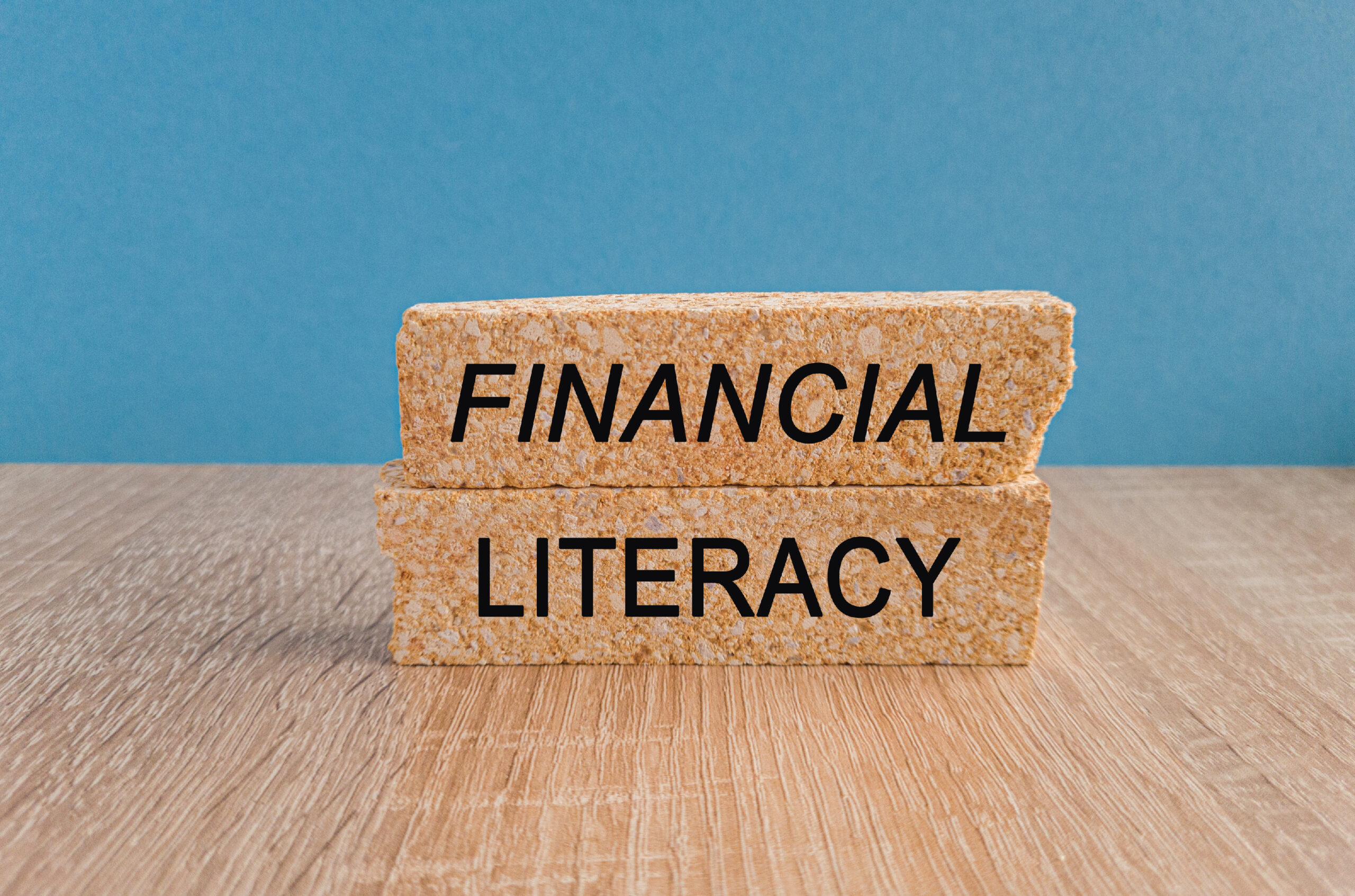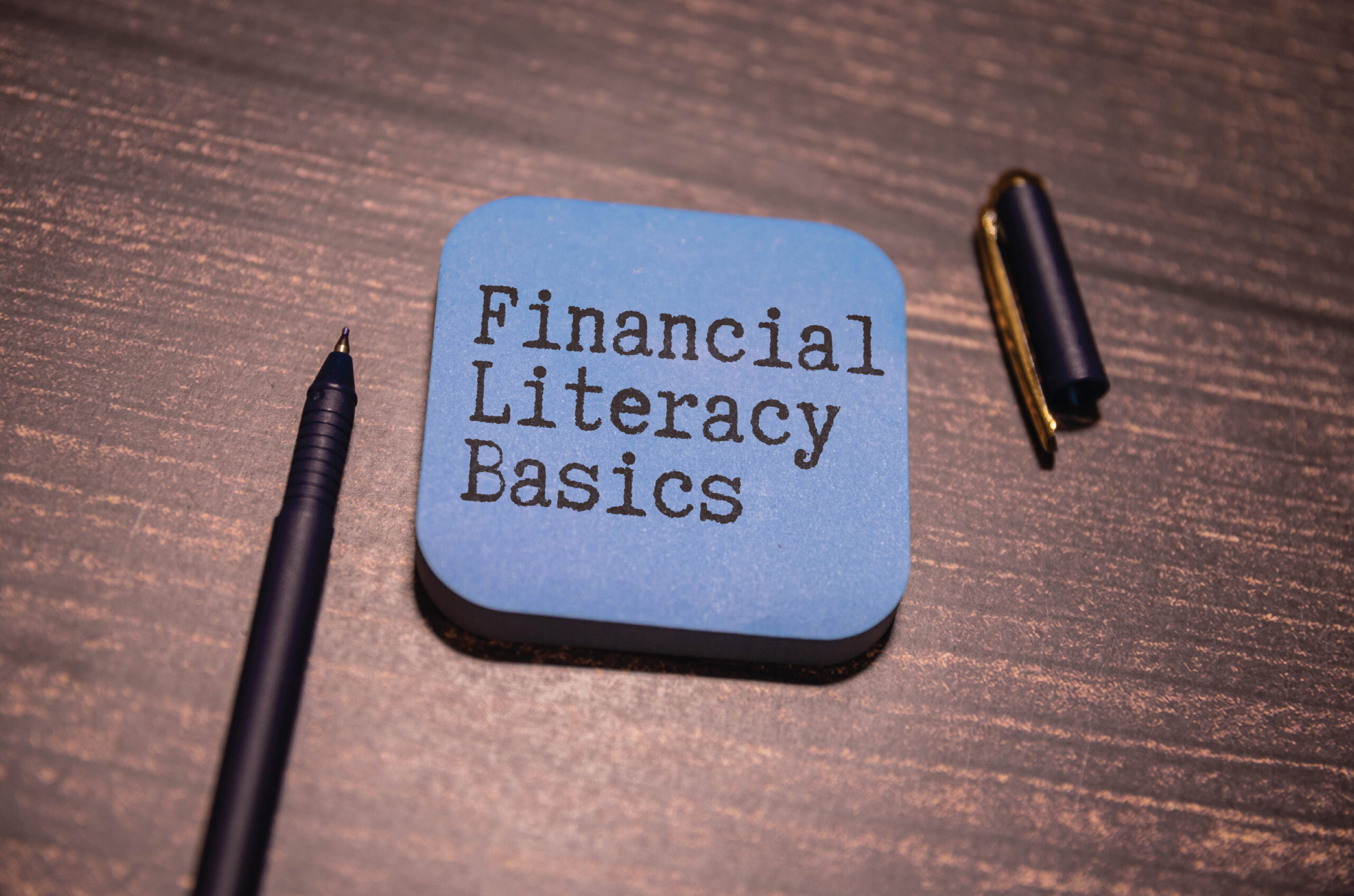
This April, on the occasion of Financial Literacy Month, let’s get some financial knowledge. That would help you better understand your finances. Managing your finances is one of the most hectic tasks one has to go from, whether you are a finance expert or new at managing finances. But before you start working on your finances you need to learn about them first.
What is Financial Literacy?
Knowledge and comprehension of various financial products are referred to as financial literacy. It supports people in managing their money, personal finances, investments, and tax preparation. Its main goal is to protect people from financial fraud and scams.
Components of Financial Literacy
There are several components of Financial Literacy but below are the four most crucial things you must keep in mind.
1. Budgeting – The foremost important thing that one should learn is how to spend your money or what we term budgeting. Many different online budgeting programs can be helpful, so making a budget doesn’t have to be difficult or involve a lot of arithmetic. Your budget’s level of specificity depends on your preferences; some people like to divide spending into several broad categories, while others might want to group every expense into a few highly detailed ones. Once you have established a budget, you can make necessary adjustments as your income and expenses fluctuate.
2. Investing – Another aspect of becoming financially literate is learning the right way to invest. You need to know your long and short-term plans which would suit your investing plans. Interest rates, price ranges, diversification, risk-reduction techniques, and indexes are a few of the elements that investors should become knowledgeable about to ensure profitable investments. People can make better financial decisions and even boost their income by learning about key investment components.
3. Borrowing- The ability to borrow money facilitates important purchases, such as attending college or purchasing a home. Make sure you can handle debt before considering taking it on. Debt is not always troublesome; in fact, it can increase your wealth by meeting your liquidity demands as your investments increase. Understanding interest rates, compound interest, the time value of money, payment terms, and loan structures is essential to ensuring that borrowing is done efficiently. If the criteria are fully grasped, a person’s financial literacy will rise, resulting in more useful borrowing advice and a decrease in long-term financial stress.
4. Taxation – Financial literacy requires understanding the many types of taxation and how they affect an individual’s net income. Knowing the various income tax rates promotes financial performance and economic stability through income management. So if you are good with your taxes then you have a fair amount of financial knowledge.
Now that you have learned about all the key components that would enhance your financial knowledge. Work on it and become financially literate today!
To know more about financial literacy month, continue reading our blogs. Also, visit our website to learn about YPay.







